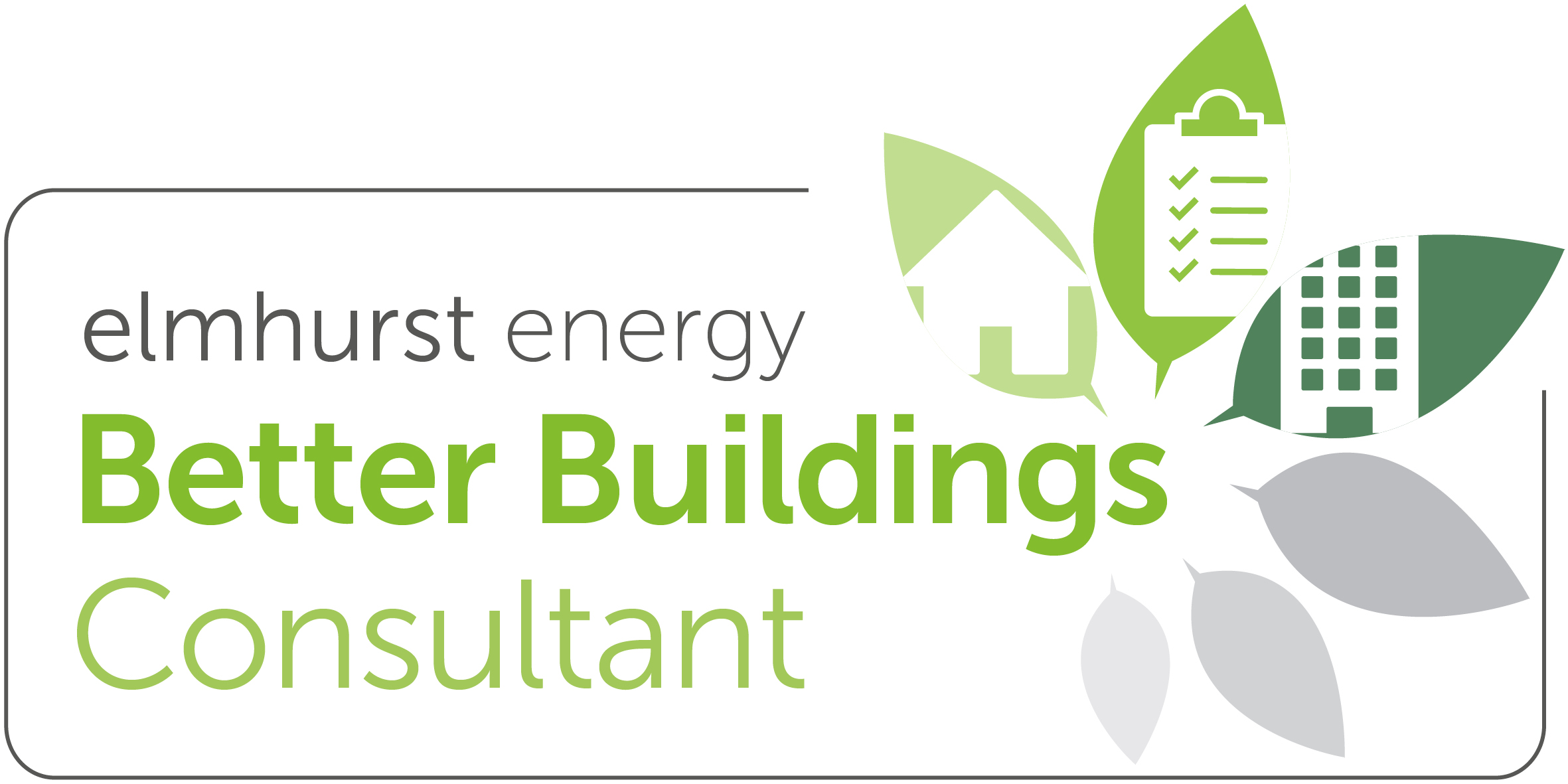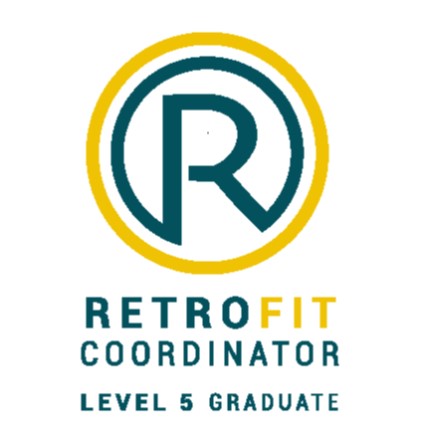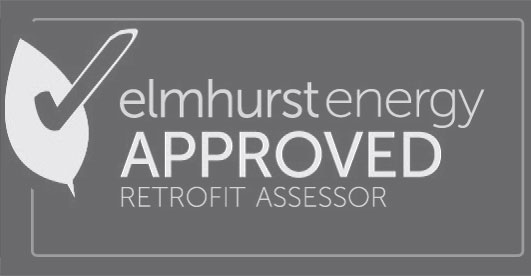Residential Retrofit



What is Residential Retrofit?
In simple terms it is improving the energy efficiency of the dwelling via a whole house retrofit programme. The eventual aim is what you, the client, would like this to be, and could include a number of measures from improving insulation, replacing a heating system, improving ventilation and indoor air quality, installing renewable technologies or all of these. It can be undertaken on a room by room basis over a period of time, or the whole dwelling in one period. It can be a way of dealing with other problems like damp, mould and condensation issues too and of course should result in lower energy bills and reduce co2 emissions.
The important aspect of any retrofit is to have a good team to plan/design what is to be done, to implement the changes, the manage the process throughout, and provide a good handover at the end.
How can we help and why use Energy Saving Experts?
Any retrofit programme must have clear goals and expectations that the designer and installers understand and must work to achieve. The newly published PAS2035 is a UK standard that sets a prescribed course of action to be followed by the whole design team to ensure those set goals are achieved. PAS2030 is the other standard for the installation teams to follow.
Not every project is required to go through the PAS2035 requirements, but as we are qualified in this process it should give you confidence that we’ll look after you and your project through whatever improvements you decide to make.
Retrofit Dwelling Assessment
Mike is a qualified PAS2035 Retrofit Co-ordinator and Retrofit Assessor, and has qualified in the Retrofit diploma from the Retrofit Academy, and completed and qualified using the AECB Retrofit Carbonlite programme. Although not practicing as the Co-ordinator ,his experience and knowledge informs his work as a Retrofit Assessor.
Mike has also completed the ABBE L3 in Energy Efficiency for Older and Traditional Building qualification.
PAS2035 takes a holistic approach with a detailed assessment of the dwelling prior to retrofit, and must be carried out by a qualified Retrofit Assessor. The scope of the assessment required by PAS2035 will depend on the risk level, the number of improvement measures and the type of building involved.
If a potential retrofit project is assessed poorly, then the outcomes are likely to be poor also with unintended outcomes like damp, condensation, poor performance resulting in higher than expected fuel bills and co2 emissions.
We will use simulation models appropriate to the project, to model the energy use of the building and provide an Energy Report.
As part of that process we also undertake a Condition Survey, whilst not a full structural survey it does nonetheless look for any signs of defects that may affect any future energy efficiency improvements. These would need to be fixed before any improvements could be made, for example if there were signs of damp it would be important to ascertain the cause of this.
The final part of the assessment is to undertake a Occupancy Assessment, this looks at the energy bills for the previous year and the patterns of use with regards to heating and hot water use etc.
Once we have completed the survey and undertaken the desk top study you will be provided with a comprehensive report that includes and Energy Report, A Condition Report and an Occupancy Evaluation which together will provide you with the information you need to make an informed decision regarding the next steps to take in making your home more energy efficient.
Contact us for more details and find out how we can help you.









